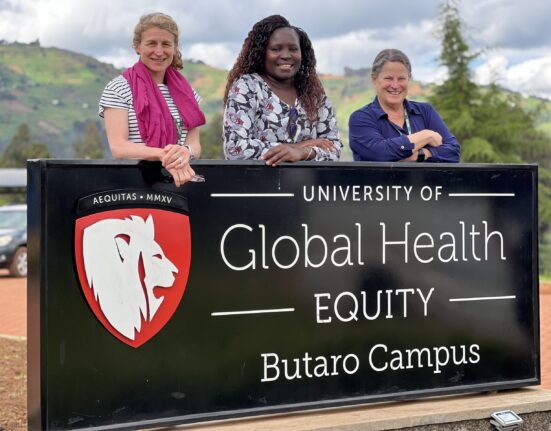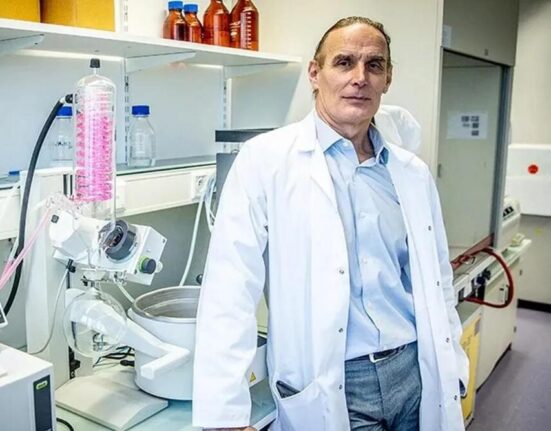The European Commission’s latest
“Choose Europe for Life Sciences”
Communication sets forth an ambitious plan to enhance Europe’s competitiveness and innovation prowess in the field of life sciences. While this vision is commendable, it may fall short by neglecting crucial aspects such as prevention, health promotion, and equity – elements that are fundamental to achieving sustainable health outcomes and economic prosperity.
The communication outlines a forward-looking goal to establish the EU as a global leader in life sciences by 2030. It recognizes how advancements in life sciences can be instrumental in fostering innovation, boosting competitiveness, enhancing public health, supporting sustainability efforts, and driving green transitions. This strategic direction rightly underscores Europe’s leadership in research and innovation while emphasizing the importance of maintaining high safety and quality standards to instill public trust.
From a public health standpoint, these strategic imperatives are vital for safeguarding and improving the overall health and equity across European populations. However, one notable critique is that the strategy predominantly focuses on advanced therapy medicinal products and diagnostics while overlooking primary prevention methods and health promotion as central pillars of its roadmap.
In discussing regulatory measures within the commercial determinants of health arena, there is a concern over balancing accelerated approvals with robust public health safeguards. The emphasis on speed-to-market objectives could potentially compromise protections if not accompanied by clear strategies to prevent industry influence on regulatory processes.
Furthermore, there appears to be a lack of focus on regulating factors like ultra-processed foods or tobacco consumption – significant drivers of chronic diseases. The references to “healthy diets” seem disconnected from concrete regulatory actions necessary to shape healthier food environments effectively.
While the communication touches upon climate-health connections, actionable prevention frameworks addressing issues like heat-related illnesses are missing. Similarly, when it comes to data governance and AI ethics considerations, involving all relevant stakeholders beyond technical infrastructure collaboration is crucial for ensuring fair use of these technologies.
In terms of funding approach, there seems to be an overreliance on short-term grants rather than securing stable long-term support for essential research areas like surveillance and fundamental science. Strengthening innovation should also involve improving research conditions around fundamental science rather than purely focusing on developing new products.
A holistic One Health approach endorsed by the Commission could benefit from further integration with non-communicable disease (NCD) prevention strategies given their significant impact on mortality rates as well as healthcare costs within Europe.
To address misinformation challenges within contentious fields like gene editing or vaccines adequately will require more substantial investments than the proposed €2 million earmarked for building public trust against disinformation campaigns surrounding advanced biotechnologies or genetic engineering techniques.
Ultimately, embedding principles of health promotion, disease prevention, and equity at the core of Europe’s life sciences strategy will be paramount in realizing its full potential for cultivating healthier societies that thrive both now and into the future.









Leave feedback about this